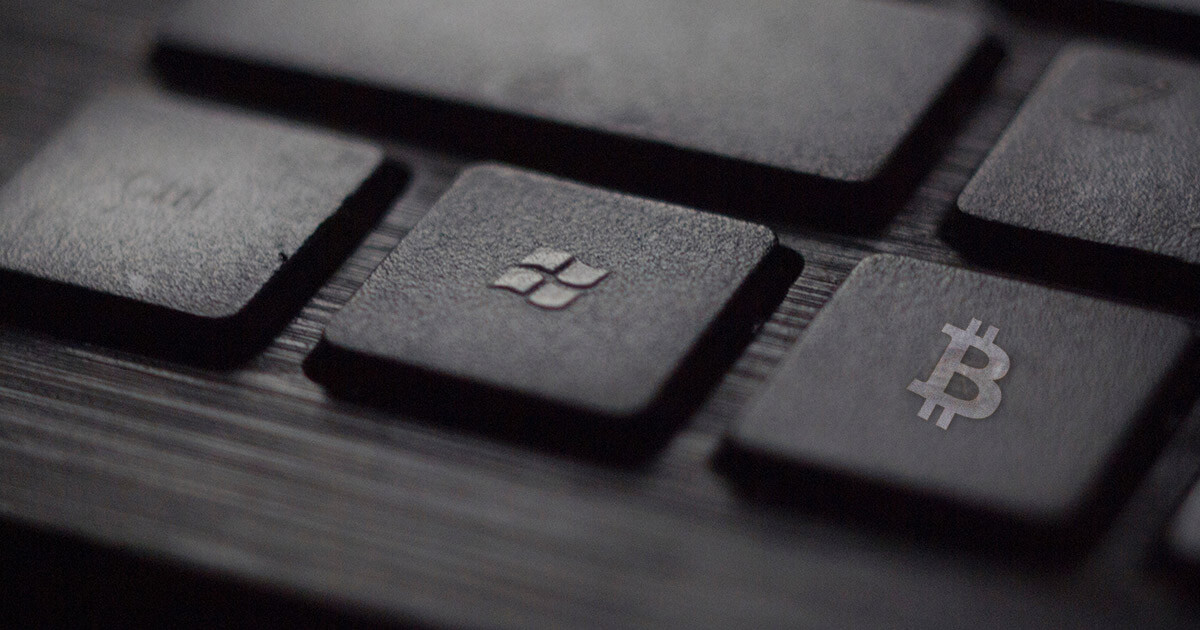[ad_1]
Microsoft is quietly testing a built-in crypto wallet for its Edge browser, as reported by software preservationist Albacore in a March 13 tweet.
Edge wallet is still in testing
Microsoft has not officially announced the wallet project, and the wallet’s introductory pages do not indicate which cryptocurrencies are supported.
However, those pages mention a “foray into cryptocurrency and NFTs,” and leaked screenshots suggest that Ethereum, DAI, USDC, and USDT are at a minimum supported. Some of those tokens appear to be added by the user through a custom token option.
Other screenshots suggest that the wallet includes trading integration with Coinbase and Moonpay, support for other extension wallets through its settings panel, and an “explore” tab that features crypto news stories from around the web.
Microsoft says that users of the wallet are “testers.” It adds that users must use their own crypto balance and warns that it will not cover any lost funds.
The wallet is non-custodial, meaning that users have complete control of their funds and that Microsoft cannot help users recover their wallet.
Further information is not available due to the project’s confidential nature.
Other browser wallets
Microsoft Edge is not the first web browser to include crypto integration by default.
Opera has supported cryptocurrency since 2018, initially adding the feature on mobile before extending it to the desktop in 2019. As of 2022, Opera supported several blockchain ecosystems and was producing a crypto-focused version.
Elsewhere, Brave features its own crypto wallet and native Basic Attention Token (BAT). It has also integrated with other projects, such as Solana in 2021 and Binance in 2020.
Users of other browsers like Mozilla Firefox and Google Chrome can install third-party cryptocurrency wallets such as Metamask or MEW.
Certain browser projects have taken a stance against cryptocurrency. Opera competitor Vivaldi has stated it will never create a cryptocurrency. Firefox creator Mozilla stopped accepting crypto donations to its own organization in 2022 following backlash.
[ad_2]
Read More: cryptoslate.com









 PinkSale
PinkSale  tokenbot
tokenbot  Bridged USD Coin (Scroll)
Bridged USD Coin (Scroll)  WaterNeuron
WaterNeuron  Covalent X Token
Covalent X Token  OMG Network
OMG Network  Shardus
Shardus  Wen
Wen  Hooked Protocol
Hooked Protocol  Zora
Zora  Magpie
Magpie  cDAI
cDAI  GENIUS AI
GENIUS AI  BBAChain
BBAChain  Sceptre Staked FLR
Sceptre Staked FLR  Infrared BGT
Infrared BGT  Radio Caca
Radio Caca  Advertise Coin
Advertise Coin  Neon
Neon  EarthMeta
EarthMeta  GME (Ethereum)
GME (Ethereum)  GXChain
GXChain  Morphware
Morphware  Gyroscope GYD
Gyroscope GYD  AhaToken
AhaToken  Aegis YUSD
Aegis YUSD  Alien Worlds
Alien Worlds  Heima
Heima  Milady Cult Coin
Milady Cult Coin  Spring Staked SUI
Spring Staked SUI  Step Finance
Step Finance  Avalon
Avalon  Dora Factory
Dora Factory  Laine Staked SOL
Laine Staked SOL  O Intelligence Coin
O Intelligence Coin  Optio
Optio  Noon USN
Noon USN  LUKSO
LUKSO  Coinmetro
Coinmetro  Jambo
Jambo  Guardians Of The Spark
Guardians Of The Spark  Minswap
Minswap  stake.link
stake.link  Camino Network
Camino Network  Port3 Network
Port3 Network